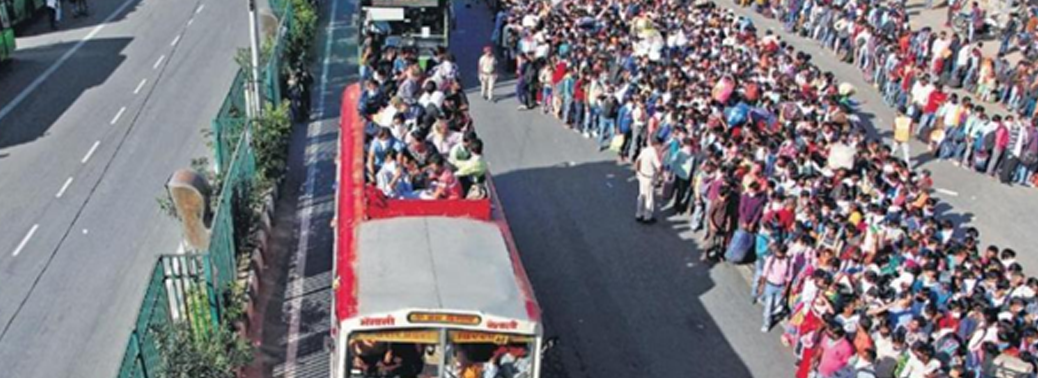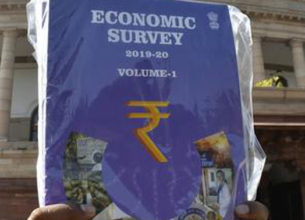INDIAN MIGRANTS ACROSS INDIA
07, Apr 2020

Prelims level : Governance
Mains level : GS-II Issues relating to development and management of Social Sector or Services relating to Health, Education, Human Resources.
Why in News?
- The exodus of migrant workers from the cities following the announcement of the 21-day lockdown threw the spotlight on the vast number of Indians who live outside their home states.
Highlights:
- As per the 2011 census, the total number of internal migrants in India is 45.36 crore or 37% of the country’s population.
- This includes inter-state migrants as well as migrants within each state, while the recent exodus is largely due to the movement of inter-state migrants.
- The annual net flows amount to about 1 per cent of the working age population.
- As per Census 2011, the size of the workforce was 48.2 crore people.
- This figure is estimated to have exceeded 50 crore in 2016 — the Economic Survey pegged the size of the migrant workforce at roughly 20 per cent or over 10 crore in 2016.
Estimates for 2020:
- While there is no official data for the inter-state migrants in the country, estimates for 2020
- have been made by Professor Amitabh Kundu of Research and information System for Developing countries.
- His estimates, which are based on the 2011 Census, NSSO surveys and economic survey,
- show that there is a total of about 65 million inter-state migrants, and 33 per cent of these migrants are workers.
- By conservative estimates, 30 per cent of them are casual workers and another 30 per cent work on regular basis but in the informal sector.
- Uttar Pradesh and Bihar account for the origin of 25 per cent and 14 per cent of the total inter-state migrants, followed by Rajasthan and Madhya Pradesh, at 6 per cent and 5 percent.

Migration in Cities:
- Delhi has a migration rate of 43%, of whom 88% are from other states and 63% are from rural areas. Mumbai has a migration rate of 55%, with 46% migrants from other states and 52% from rural areas.
- Surat has a migration rate of 65%, with 50% migrants from other states and 76% from rural areas.
District Wise Migration Data:
- District-wise migration data in the Economic Survey for 2016-17 show that the highest influx of migrants within the country is seen in city-districts such as Gurugram, Delhi and Mumbai along with Gautam Buddh Nagar (Uttar Pradesh); Indore, Bhopal (Madhya Pradesh); Bangalore (Karnataka); Thiruvallur, Chennai, Kancheepuram, Erode, Coimbatore (Tamil Nadu).








